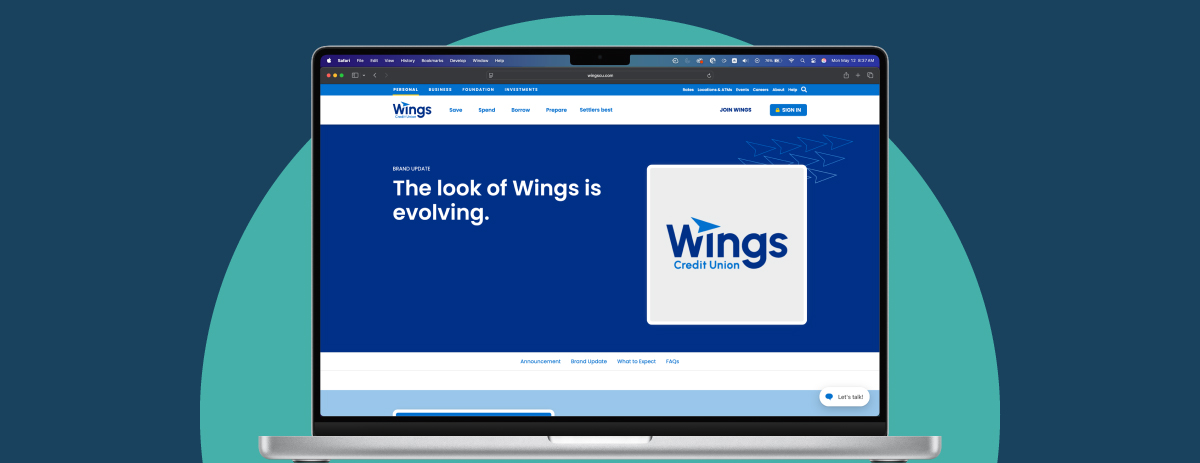As we observe Addiction Awareness Month, it’s crucial to highlight the power of behavior change marketing on supporting those struggling with addiction. Addiction remains a significant public health issue but through strategic marketing initiatives, we can catalyze change that not only helps individuals but also drives measurable business results.
At CCF, we believe behavior change is key to reshaping behaviors around addiction. Through our years of work in the tobacco cessation and policy space, we’ve seen firsthand how understanding human psychology and integrating emotional connection into our messaging can help break down barriers to quitting tobacco.
According to the National Institute of Health, tobacco use remains one of the leading preventable causes of death in the United States, with over 46 million Americans using tobacco (all forms). Quitting tobacco is notoriously difficult due to the physical and psychological dependence created by nicotine. This is where behavior change marketing steps in—it speaks to both the emotional and rational sides of human decision-making.
Marketing initiatives that focus on behavior change are grounded in a deep understanding of the user’s journey, recognizing that quitting is not just a one-time decision but an ongoing process requiring support and motivation. Behavior change marketing creates compelling narratives that help people envision a healthier future for themselves and reinforces this vision with actionable steps.
Additionally, behavior change marketing doesn’t just help individuals make better life choices—it drives real business outcomes. By focusing on emotion-driven marketing, companies can create campaigns that resonate with consumers on a deeper level, encouraging long-term brand loyalty and trust.
In our QUITPLAN® Services “No Judgments” campaign, we leveraged empathy over fear tactics to connect with our target audience. This emotional connection helped us establish credibility and trust with people looking for support to quit smoking. The results? We saw increased engagement rates, higher participation in the cessation program, and more lives positively impacted.
Beyond health campaigns, the same principles of behavior change can be applied to any industry. Companies that prioritize highlighting how their services or products positively affect their customers’ lives stand out in today’s crowded marketplace. By aligning business goals with customer values, businesses build lasting relationships with their audience, which ultimately leads to higher ROI and sustained success.
Trust is also a major benefit of behavior change marketing, particularly in sectors like healthcare where individuals are making decisions about their wellbeing. As noted by a recent Gallup Poll, only 36% of Americans have confidence in big business, part of a larger trend of declining trust in institutions over recent years. To break through this skepticism, brands must be transparent, authentic, and offer real solutions. For instance, in our QUITPLAN campaigns, we didn’t shy away from the struggles people face when quitting smoking. This transparency resonated with individuals, making them more likely to engage with the program.
As we continue to innovate in the field of behavior change, we recognize our work is far from finished. Tobacco addiction, like many other types of addiction, will not disappear overnight. However, with strategic campaigns that focus on empathy, emotional connection, and providing real value, we can help more individuals take that crucial first step toward a healthier life.
At CCF, we’re proud to contribute to this cause and look forward to helping businesses drive meaningful change—both for their customers and for their bottom line.






